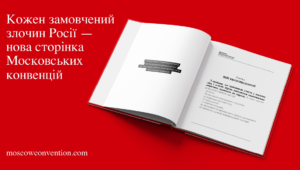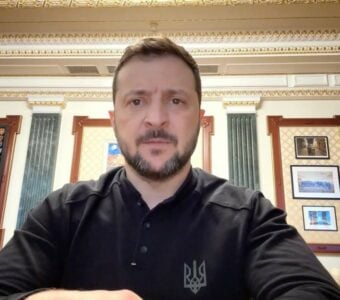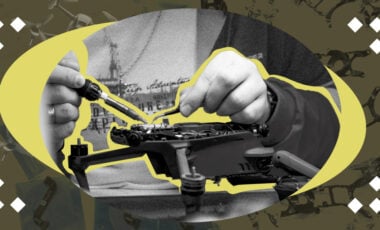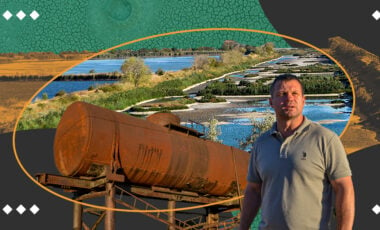"Kursk operation is one of the points of Ukraine's victory plan" – Zelensky

Photo: video screenshot
In September, Ukraine will present its "victory plan" to the United States, which will be shared with both presidential candidates, Kamala Harris and Donald Trump. The operation of Ukraine's armed forces in the Kursk region is a crucial component of Ukraine's efforts to achieve victory in the ongoing conflict with Russia.
President Volodymyr Zelensky said this at a briefing on August 27.
The head of state emphasized that he could not tell all the details about this plan, but he was able to outline its main directions.
"Kursk operation is one of the points of Ukraine's victory plan… One of the directions, a part of which has already been completed, is the Kursk region.
The second direction is Ukraine's strategic place in the world's security infrastructure.
The third is a powerful package that would force Russia to end the war through diplomatic means. The fourth is economic [direction – ed.]," he said.
The president said that the plan had already been prepared.
"It is only fair that I first present it to the President of the United States. The success of this plan depends on him. We will be given what is in this plan or not. Whether we will be free to use what is in this plan or not," Zelensky added.
Regarding the military operations, Zelensky pointed out that the Russians have already moved their forces from the Zaporizhia and Kharkiv regions to the Kursk region. He emphasized that the following steps will depend on the operation within Russian territory.
Zelensky also mentioned that the energy negotiations, which were covered by international media, occurred through virtual means.
He clarified that these talks, which foreign reporters highlighted, were separate from the Kursk operation. According to Zelensky, the latter had different objectives than the energy meeting with colleagues. He did not specify which individuals he referred to as colleagues or whether Russia participated in the virtual discussion, as reported by foreign media.
However, Zelensky denied the breakdown of the meeting, asserting that it was successfully conducted online.
Earlier, Le Monde and the Washington Post reported that Ukraine and Russia were secretly negotiating to agree on ending strikes on energy infrastructure. However, the Ukrainian army's actions in the Kursk region of Russia reportedly disrupted these negotiations.
Energy Minister Herman Halushchenko has refuted reports from Western media regarding confidential discussions with Russia to cease attacks on energy infrastructure. He stated that Ukraine and over 40 other countries gathered to discuss the third aspect of the "peace formula" about energy security. After the summit, a joint communiqué was unanimously adopted by all participants.
For reference:
The first unofficial reports of a border breach in the Kursk region appeared on August 7.
On August 16, the Airborne Assault Forces of Ukraine published unique footage showing the first hours of the defense forces' offensive operation in the Kursk region of the Russian Federation.
As of August 20, Ukraine's armed forces controlled 93 settlements in the Kursk region and more than 1,260 square kilometers of the Russian Federation's territory.
On August 25, President Volodymyr Zelensky noted that the Defense Forces of Ukraine again advanced in the Kursk region of the Russian Federation, took control of two more settlements, and replenished the exchange fund.
It should be added that Ukraine has no intention of seizing the territories of Russia's Kursk region but is focused on protecting the lives of its citizens and creating a buffer zone. In addition, the operation does not allow the enemy to transfer additional units to the Donetsk region, complicating their logistics.
Ukraine has already launched a hotline for Kursk region residents who want to evacuate and is also working on a possible humanitarian corridor to Sumy.
As The Washington Post writes, Ukraine carried out a powerful attack on Russian defenses, which went down in history as the first foreign invasion of the territory of the Russian Federation since World War II. This invasion exposed Moscow's illusory "red lines," demonstrating the passive and muted response of Russian leader Vladimir Putin.

Воїни ЗСУ збили ворожий "Шахед" з гелікоптера армійської авіації

Війська рф вперше атакували підстанції касетними ракетами, Україна втратила "дуже невелику" кількість обладнання, - Шмигаль





















































